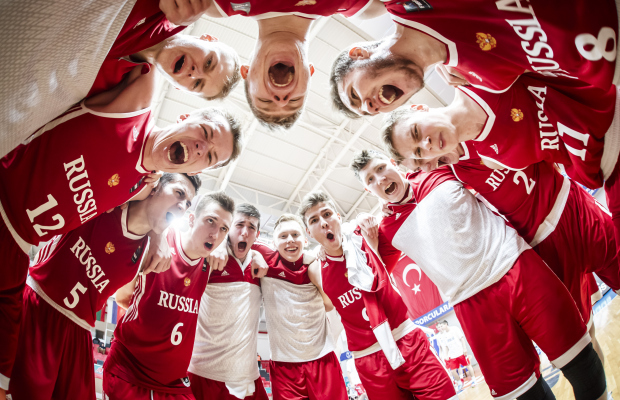While an agent can help take your mind off the administrative and logistical details of life off-the-court, you don’t want to surrender all control to your agent. Remember, you are in charge of your career and you are ultimately responsible for overseeing your “business” as an athlete.
Selecting an agent will depend on your needs as an athlete and your personal preferences for the player-agent relationship. However, there are some universal details that any athlete should require of his or her agent.
An agent must have:
- Certification from FIBA to work in international basketball as an agent
There is a formal application and testing process for all agents in FIBA. Information about the certification process can be found here. A list of all certified FIBA agents can be found here.
- A solid understanding of basketball and the professional market
It’s important that your agent can adequately measure your worth, know “who’s who” when pursuing new job opportunities for you and understands the demands of your schedule (practice, training, travel, etc.).
- A reputation for honesty, reliability and professionalism
Many sports organisations and countries do not require any official credential, license, or minimum level of education to work as a sports agent. FIBA’s agent certification process screens agents for any criminal background or adverse litigation. However, it is still a good idea to ask your teammates, coaches, and basketball veterans for their opinion about a prospective agent.
To make sure your agent has these must haves, you can:
- Consult your national federation, your coach, teammates, and other basketball professionals to see what other people you trust think of particular agents.
- Conduct an internet search and/or background check on a prospective agent and confirm with FIBA to see if any legal action has been taken against him or her by sending an email to: agents@fiba.basketball.
- Ask prospective agents to supply you with proof of educational degrees, credentials or licenses that may be relevant to the business and legal aspects of contract negotiation, athlete management, etc.
